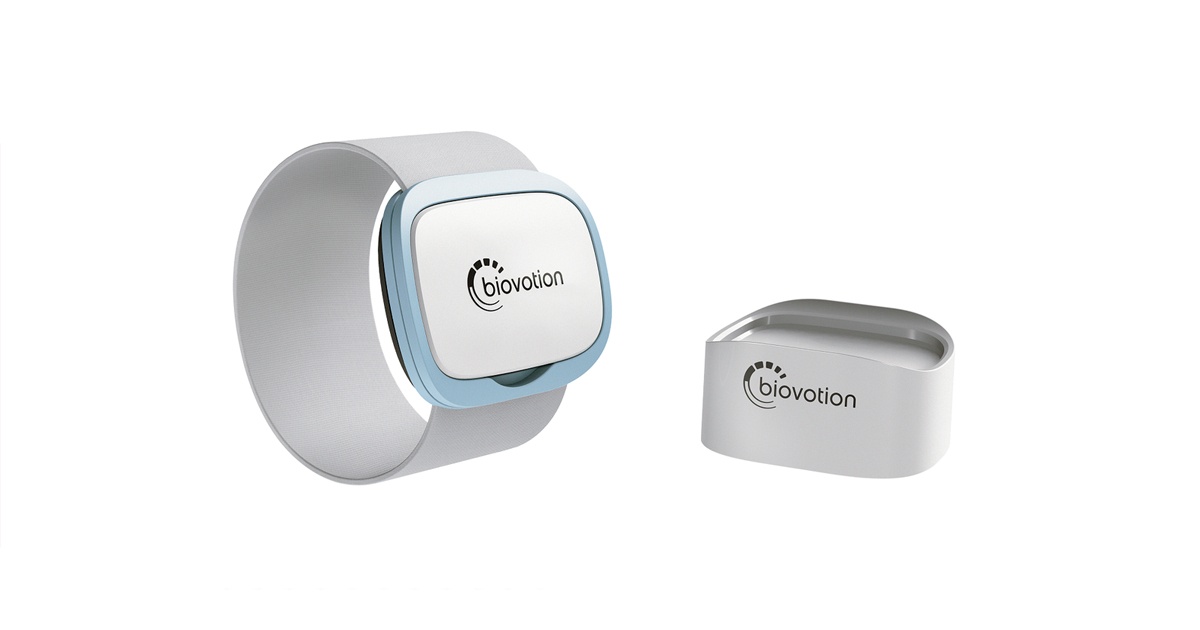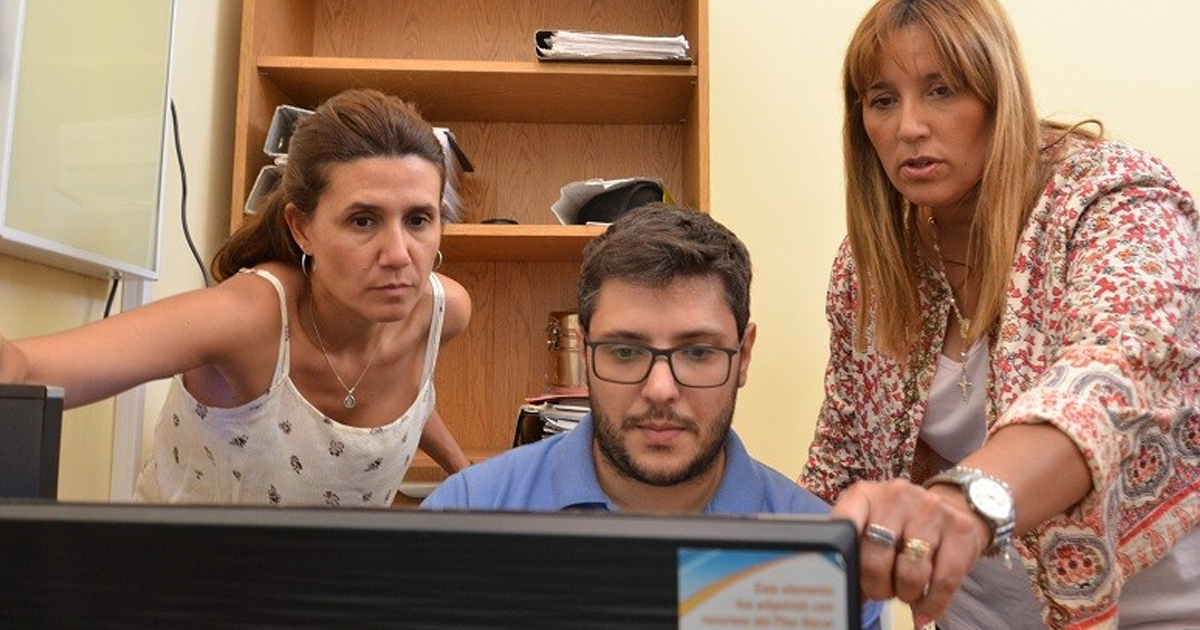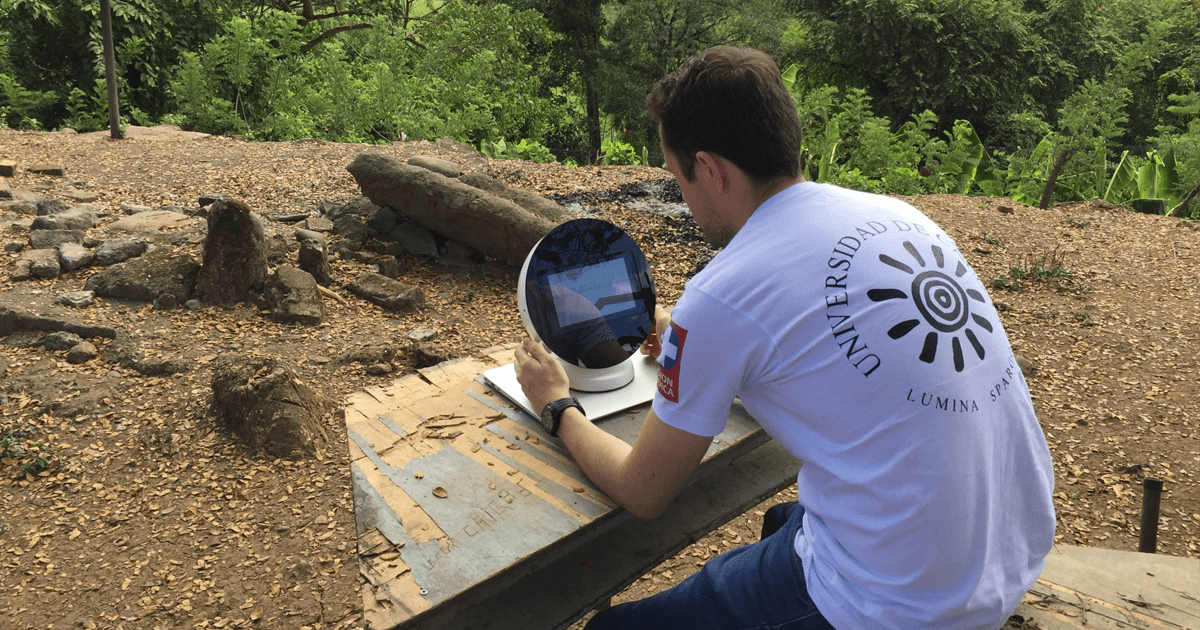The study published in Nature, "Mobile App Validation: A Digital Health Scorecard Approach," details the evaluation of mobile apps, specifically apps whose primary focus is oncology and cancer patients.
Digital Health tools, such as mobile applications, continue to grow not only in quantity but also in complexity. The Nature article: “Mobile App Validation: A Digital Health Scorecard Approach”, proposed a transparent and standardized assessment for the validation of these instruments.
“These applications provide a wide range of medical functions that span the continuum of care from prevention to diagnosis and care management. They are also increasingly demonstrating an impact on clinical outcomes with recent successes in cancer, heart health, and mental health.

The significant adoption of mobile Digital Health tools is understood due to their accessibility, low cost and personalized features of each app. Features such as monitoring of symptoms or side effects of medications, appointment management, among others, make digital health applications an important medical tool.
The authors investigated the application of a framework for the validation of this type of Digital Health tools, called Digital Health Scorecard, the objective was to evaluate 22 mobile health oncology applications. The framework was previously reported to apps, and the authors selected oncology apps as the primary focus area "as cancer patients represent a diverse population and are likely to seek health information."
18 of the 22 apps were developed for the iOS operating system and the rest for Android. Six apps focused on education, five on prevention and six on social support. “The mean total score for all applications tested across all domains and end-user requirements was 49.4%. Individual domain scores varied with a mean score of 37.3% for technique, 15.9% clinical; 56.7% for usability, 100% for cost and 37.2% for end user requirements”, the authors explain in the Results section.
The study found that popular oncology apps did not meet high-quality standards in several areas. Therefore, its widespread use by cancer patients may not be as appropriate until there are more better developed tools. “Mobile apps scored low in technical and clinical domains and end-user requirements; that is, they had important technical deficiencies, they showed few clinical benefits and they did not satisfy what the users wanted them to do”, the authors explain in the Discussion section.
“The path to digital health validation will require resources, collaboration and time. We believe an important next step is to establish an assessment process that reflects the real-world needs of healthcare stakeholders," the authors concluded.
See the full article at the following link: https://www.nature.com/articles/s41746-021-00476-7






